
X, ANI
New Delhi: Volker Turk, the UN High Commissioner for Human Rights, expressed apprehension on Monday regarding the growing limitations on civic space in India. He emphasized the necessity of maintaining an open environment during the forthcoming general elections to enable the meaningful engagement of all citizens across the nation.
In his address to the UN Human Rights Council, Turk highlighted the escalating constraints on civic freedoms within India. He underscored the importance of upholding democratic principles and ensuring that human rights defenders, journalists, and critics are not unduly targeted. Turk also raised concerns about the proliferation of hate speech and discrimination against minority groups, particularly Muslims.
In any democracy, argumentation is natural. It is imperative that those in positions of authority do not allow their judgment to be clouded by propaganda: @IndiaUNGeneva Amb @abagchimea after @UNHumanRights Chief @volker_turk’s remarks on upcoming general elections in India. pic.twitter.com/jk3K1ZYCKK
— Yoshita Singh योषिता सिंह (@Yoshita_Singh) March 4, 2024
India swiftly responded to Turk's remarks, dismissing them as unwarranted and divergent from the ground reality of the world's largest democracy. Arindam Bagchi, India's permanent representative to the UN in Geneva, rebuffed the concerns, emphasizing the natural discourse inherent in any democratic society. Bagchi urged against allowing judgments to be swayed by propagandistic narratives.
Breaking: India hits out at @UNHumanRights head @volker_turk over his comments on Indian Elections; @IndiaUNGeneva @abagchimea says,'those in positions of authority do not allow their judgment to be clouded by propaganda' pic.twitter.com/z6ArX6gw5h
— Sidhant Sibal (@sidhant) March 4, 2024
Turk acknowledged India's secular and democratic traditions, recognizing the country's vast diversity and the significance of its upcoming general elections, which will involve an electorate of 960 million people. He stressed the importance of preserving an open civic space to facilitate meaningful participation by all segments of society.
Turk welcomed the recent decision by India's Supreme Court regarding campaign finance schemes, affirming the right to information and transparency in the electoral process. The court's ruling underscores the judiciary's role in safeguarding democratic principles and ensuring accountability.
Bagchi reiterated India's robust electoral process characterized by widespread public engagement. He highlighted the global interest in learning from India's democratic experience and expressed confidence in the electorate's ability to select a government that resonates with their aspirations.
As India prepares for the upcoming elections, the discourse surrounding civic freedoms and democratic principles remains paramount. The exchange between the UN and India underscores the significance of upholding human rights and fostering inclusive participation in the electoral process.
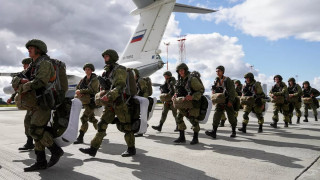
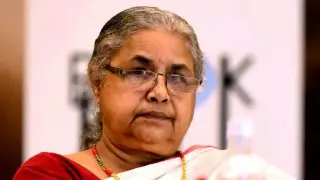
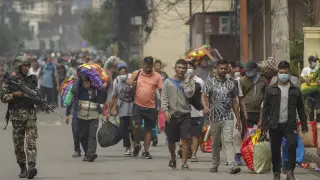
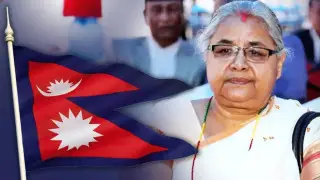
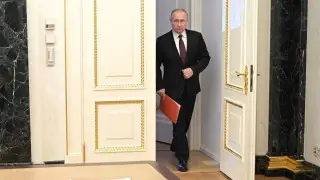








Copyright © 2025 Top Indian News
